SC Orders CVC Probe into Illegal Lecturer Appointments in Puducherry
- ByAdmin --
- 06 Jun 2025 --
- 0 Comments
The Supreme Court of India has issued a significant ruling concerning illegal ad hoc appointments of lecturers at Motilal Nehru Government Polytechnic College, Puducherry. The Court directed the Central Vigilance Commission (CVC) to conduct a detailed investigation into these appointments. Additionally, it ordered the regularization of 18 lecturers who had been serving for years without formal recruitment through the Union Public Service Commission (UPSC).
Background of the Case
The case originated when three ad hoc lecturers, appointed in 2005, sought regularization of their services. The Central Administrative Tribunal (CAT) initially allowed their plea, a decision subsequently upheld by the Madras High Court. However, the Union Territory of Puducherry and the Union Government challenged this, arguing that the appointments bypassed the UPSC recruitment process, violating established norms and rendering the regularization invalid.
This case brought to the forefront the administrative practice of filling sanctioned posts through ad hoc appointments for extended periods, despite formal recruitment rules being notified in 2006. The Supreme Court expressed serious concern over the prolonged irregularity and the apparent disregard for statutory recruitment procedures.
Constitutional and Legal Provisions Involved
The Supreme Court’s judgment is grounded in fundamental constitutional guarantees and statutory frameworks, including:
- Article 14 of the Constitution, which ensures equality before the law and prohibits arbitrary state action.
- Article 16, which mandates equality of opportunity in public employment based on merit.
- Article 142, empowering the Supreme Court to pass any order necessary for complete justice in a case.
- The Central Vigilance Commission Act, 2003, which empowers the CVC to investigate corruption and maladministration in government services.
- The Recruitment Rules, 2006 (Puducherry), governing formal recruitment procedures for government posts in the Union Territory.
Supreme Court’s Findings and Directives
The Court found that despite 51 sanctioned lecturer posts, 45 were filled via ad hoc appointments starting in 2005. The continued reliance on temporary appointments even after recruitment rules were formalized in 2006 reflected an administrative failure. The Court underscored that recruitment for public employment must be transparent, merit-based, and in compliance with constitutional provisions.
Invoking its power under Article 142, the Court ordered the immediate regularization of all 18 lecturers—comprising the petitioners and others identified earlier by the CAT—without the need for UPSC involvement due to the exceptional circumstances of prolonged service. Furthermore, the Court stressed that all future appointments must strictly adhere to the recruitment rules, and the practice of ad hoc appointments should cease entirely.
CVC Investigation and Accountability
To uphold transparency and accountability, the Supreme Court mandated the Central Vigilance Commission to initiate an inquiry into the illegal appointments. The investigation must identify the officials responsible, whether currently serving or retired, for bypassing proper recruitment channels.
The Court set a clear deadline for the CVC to complete its probe and submit its findings. This step aims to deter future irregularities and promote ethical governance within public institutions.
Implications of the Ruling
This judgment reinforces the constitutional principles of equality and fairness in public employment. By ordering regularization, the Court provided long-overdue relief and job security to lecturers who have served for nearly two decades. Simultaneously, the directive to the CVC ensures that those responsible for the unlawful appointments will be held accountable.
The ruling also sends a strong message to government bodies to adhere strictly to recruitment rules, preventing administrative shortcuts that compromise meritocracy and transparency.
Conclusion
The Supreme Court’s decision balances the need for justice for long-serving ad hoc lecturers with the imperative of lawful and transparent recruitment. It strengthens constitutional mandates protecting equality and fairness in public employment while promoting accountability through an independent vigilance inquiry. This landmark ruling underscores that administrative expediency cannot override constitutional and statutory obligations, thus preserving the integrity of public service recruitment in Puducherry and beyond.


































































































































































































































































































































































































































































































































































































































































































































































































































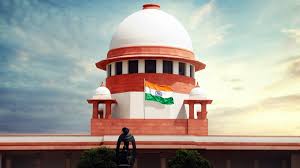


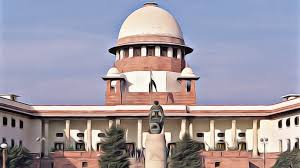

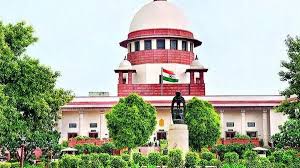









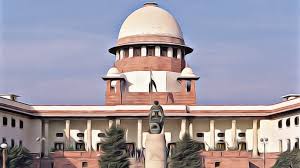




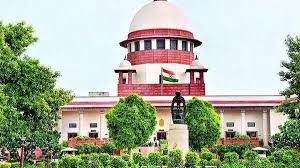



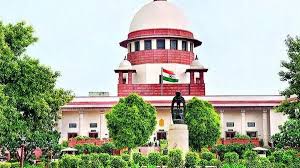
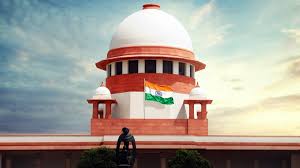



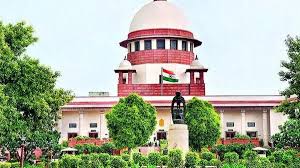

















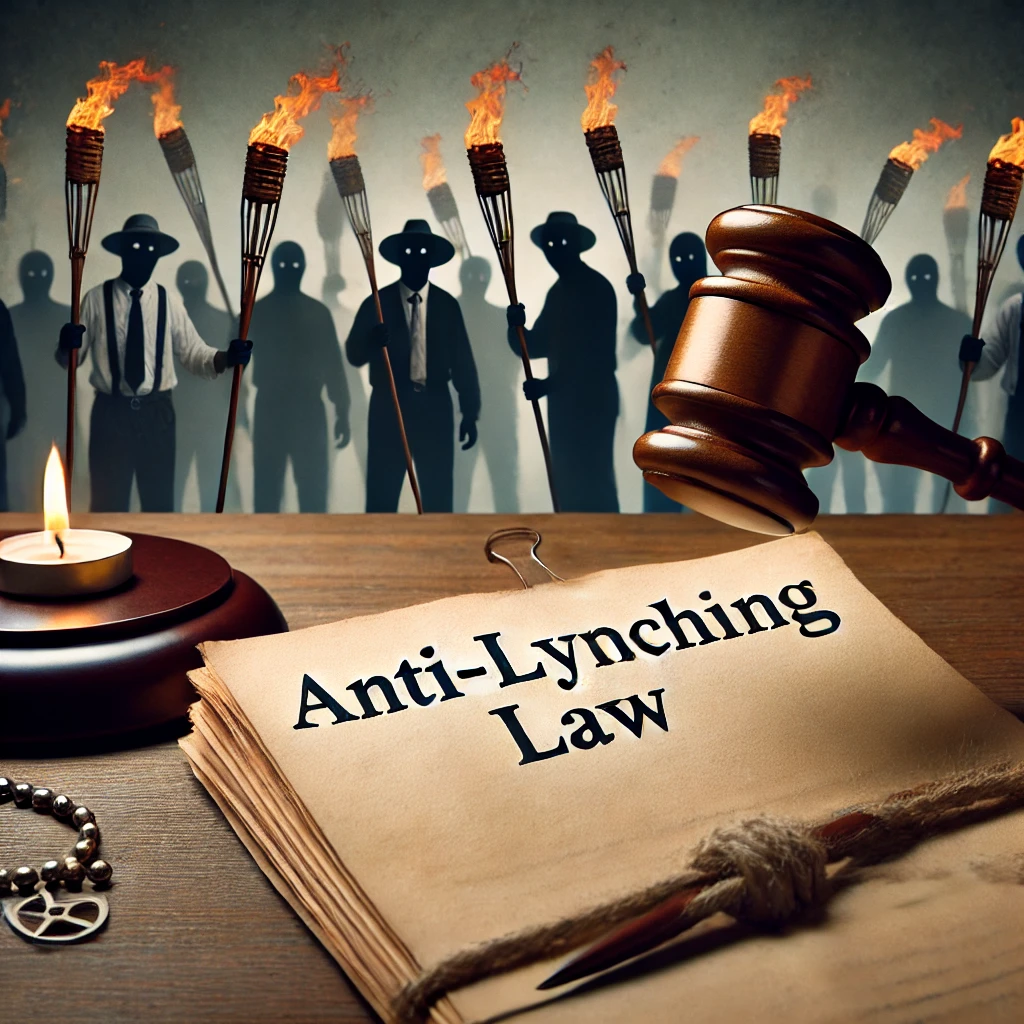
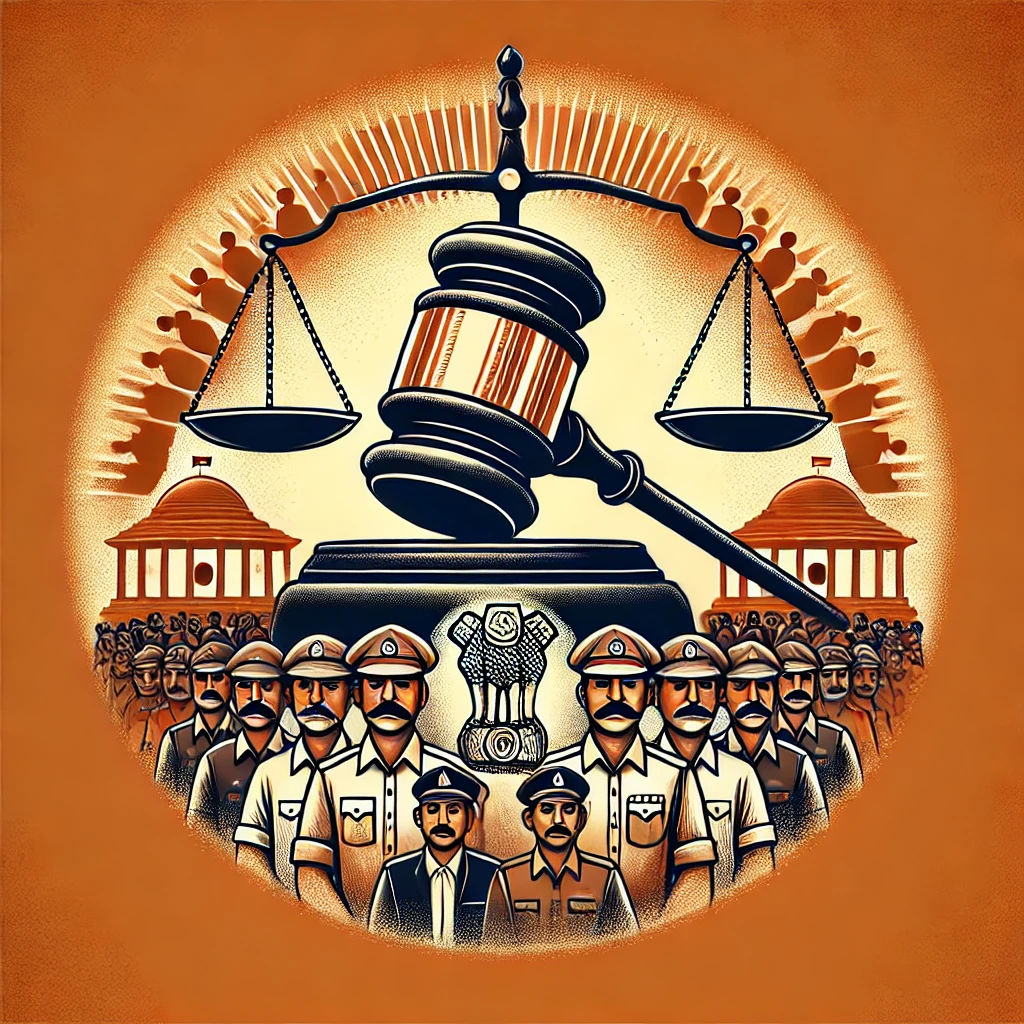


















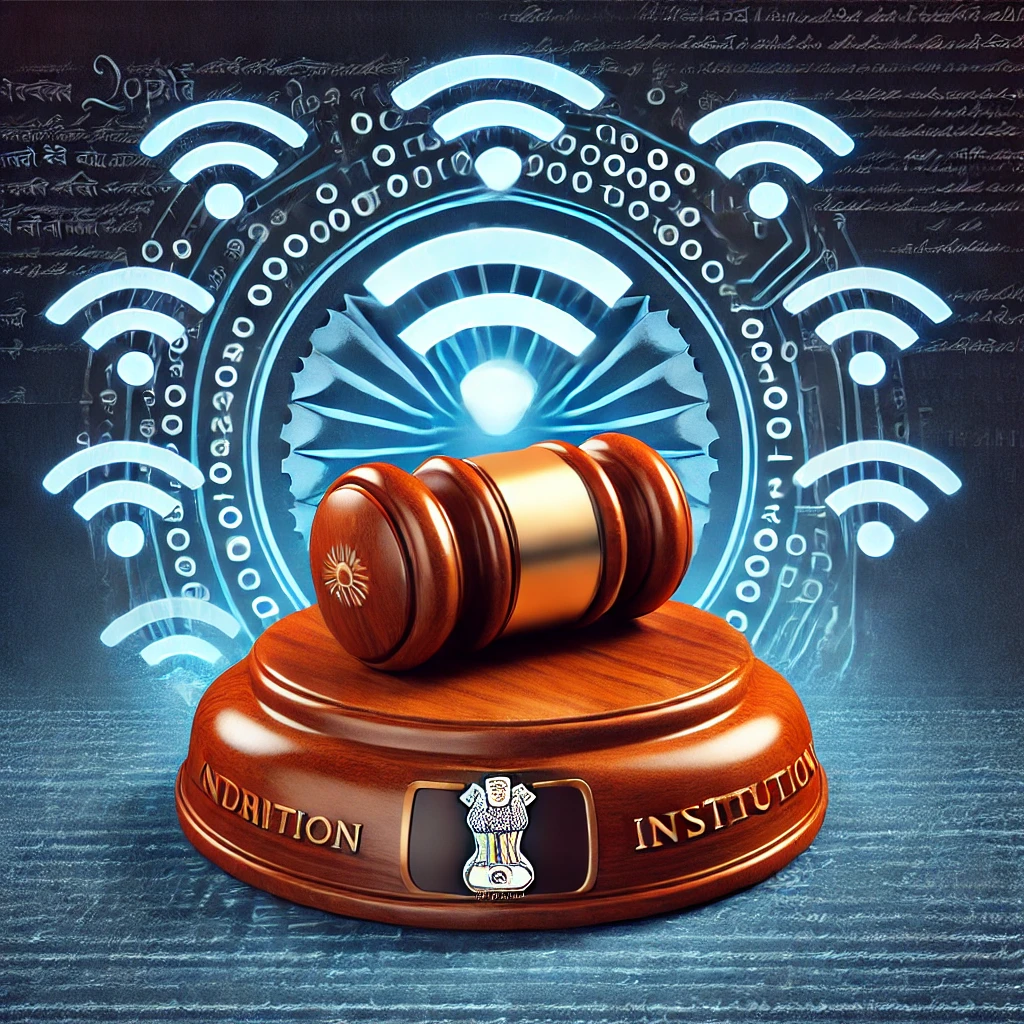


























0 comments